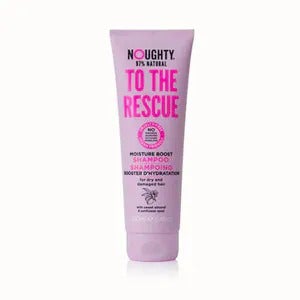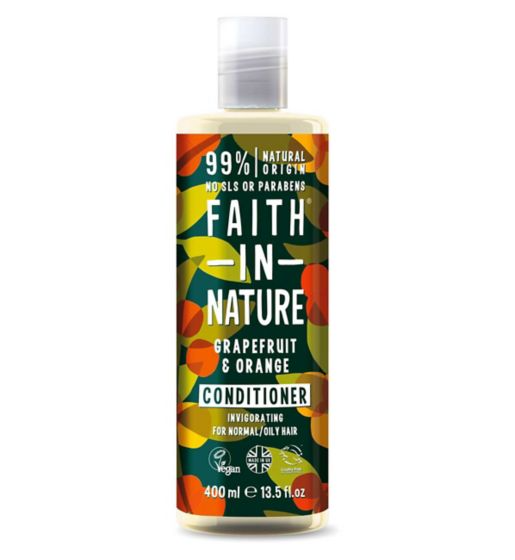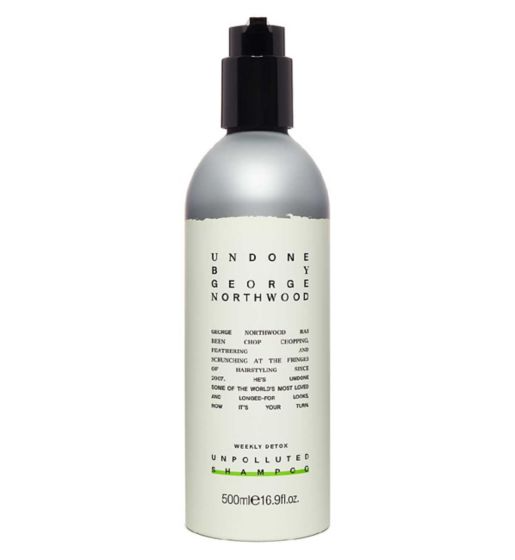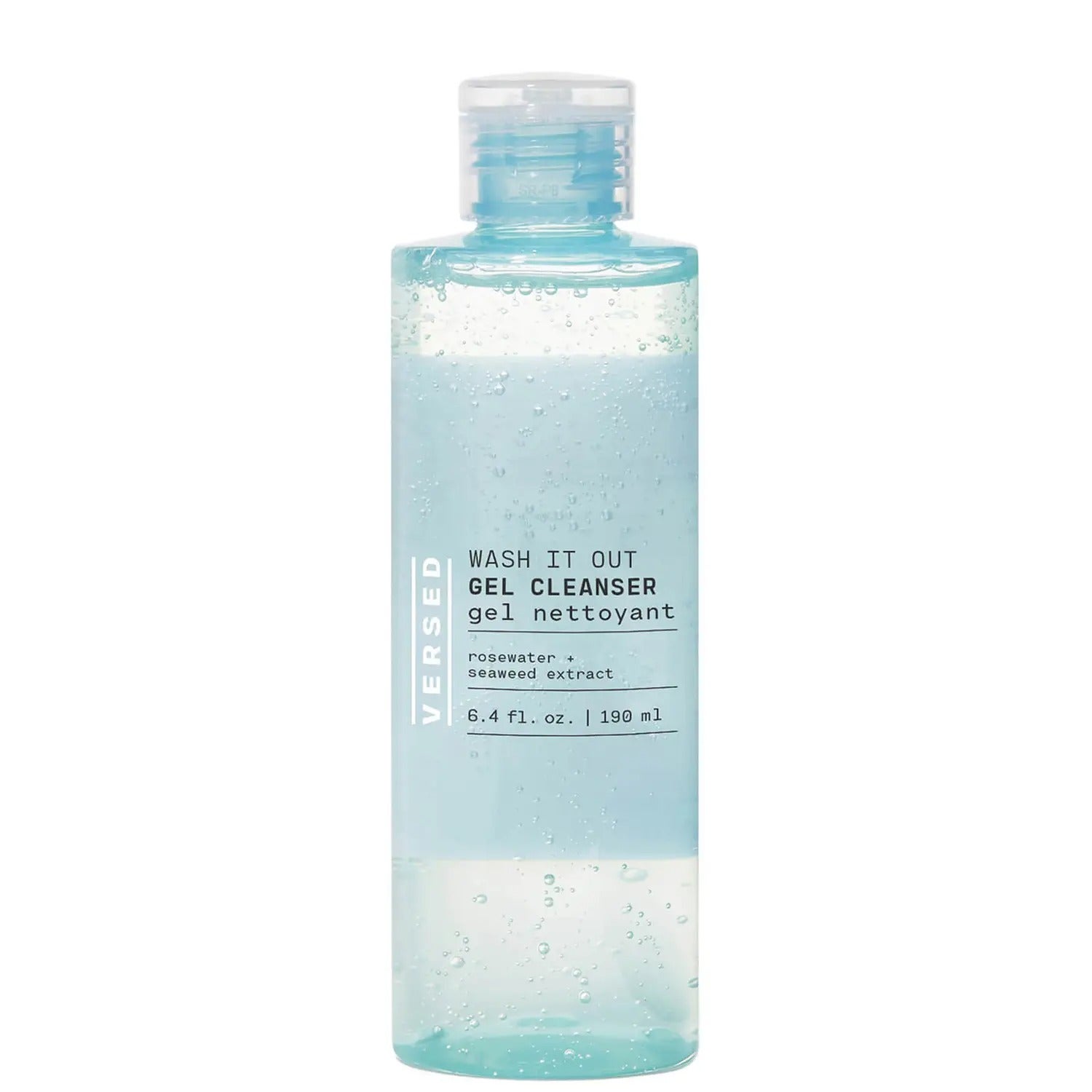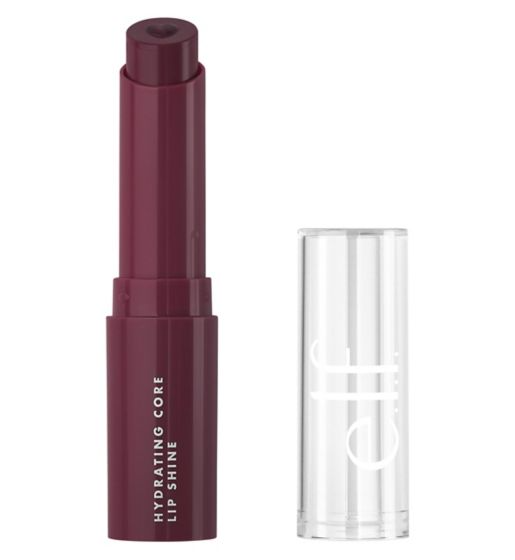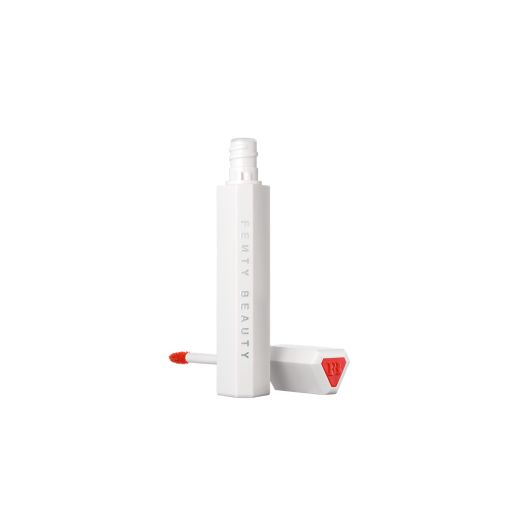'Clean' is a word used interchangeably. It typically encapsulates a handful of things, including the use of natural and organic ingredients or ingredients which have been responsibly sourced, cruelty-free status (not tested on animals), sustainable packaging (such as recyclables and refills) and being free from ingredients like synthetic preservatives, which some individuals regard as 'toxic' or harmful to the body.
AdvertisementADVERTISEMENT
What does clean beauty mean?
Before we go any further, it's important to know one thing. The word 'clean' in regard to beauty is entirely unregulated. "Unregulated means there are no laws, regulations or rules," explains cosmetic chemist and licensed aesthetician Esther Olu. "It's whatever someone — or a brand — wants it to mean." Ashlee Piper, sustainability expert and author of Give A Sh*t: Do Good. Live Better. Save the Planet, agrees that 'clean' is just marketing jargon. "It can be slapped onto anything without any validation, verification, monitoring or repercussions if it's not actually true."
The definition may be murky but the demand for clean beauty can't be ignored. Attest reports that 45% of British people seek brands which use natural or clean ingredients, while Statista predicts that the global natural and organic beauty market will reach $22 billion by the end of 2024. Beauty shopping destinations like LookFantastic and Sephora have dedicated entire landing pages to brands which call themselves clean, while on TikTok the hashtag #cleanbeauty is nearing 1 billion views.
“
There's no denying that the majority of clean beauty brands are for a select few people: those with money to spend.
”
Why is clean beauty so expensive?
It's promising that people care about the impact of the beauty industry on the environment and their overall health. But there's no denying that the majority of clean beauty brands are for a select few people: those with money to spend. A quick Google search for 'clean beauty' will pull up hundreds of brands. One thing a large majority of those brands have in common? A hefty price tag.
AdvertisementADVERTISEMENT
This is all well and good. Spending habits are personal preferences, after all, and a brand can choose its prices. But on social media, the divide is widening between those who can afford to buy clean and those who can't. One questionable TikTok trend in particular sees beauty enthusiasts blasting products which aren’t clean: products which they claim are laden with 'bad' chemicals like sulphates, dyes, fragrance and preservatives. Often, these products (typically things like shampoo and skincare) are on the affordable side.
"SKINCARE BRANDS TO AVOID" reads one TikTok video hashtagged #toxicproducts and #cleanbrands. It has 2.2 million views and counting. In just a few seconds, a handful of affordable, high street skincare brands are labelled 'toxic' without an explanation. The TikToker can be heard saying that all brands should be clean. But a quick scroll through the comments section proves that not everyone has the budget to buy clean, and that many feel excluded from the burgeoning trend.
"Well a lot of people like me can't afford to pay more for clean stuff," observed one TikToker, amassing hundreds of likes in agreement. "I’m just gonna stick to the 'unclean & dirty' skincare I know until I’m rich [...] & can buy 'clean' skincare." Another popular video format on the app denounces affordable, drugstore shampoos. Unsurprisingly, the recommended 'non-toxic' alternatives are far more costly and much harder to come by.
“
Labelling a product 'clean' implies other products are 'dirty', effectively denigrating the marketplace and selling products via fear.
Jen Novakovich
”
If some products are 'clean', are others 'dirty'?
AdvertisementADVERTISEMENT
Maybe it’s a coincidence that beauty products which don't fit the clean bill are the most accessible. But if TikTok is anything to go by, there's a school of thought that not buying the more expensive, clean products implies you don’t care about your skin, health or the environment. Not only is this untrue, it's also elitist and generates guilt, embarrassment and worry.
"Labelling a product 'clean' implies other products are 'dirty', effectively denigrating the marketplace and selling products via fear," says Jen Novakovich, science communicator and cosmetic chemist. Jen says that this is a manipulative marketing strategy, which creates a vicious cycle of more and more marketing jargon in the industry.
If we look at clean products in relation to ingredients, particularly in clean beauty TikTok videos, things like sulphates (surfactants which make products lather up and cleanse skin and hair), synthetic preservatives like parabens (essential for preventing harmful mould and bacteria from growing inside products) and fragrances are deemed toxic. They are said to make up the majority of affordable, high street beauty products. But there isn’t a reason to fear any of these ingredients at all.
Are synthetic ingredients bad for you?
Consultant dermatologist Dr Anjali Mahto thinks that part of the anxiety towards certain ingredients deemed 'unclean' comes from an inherent fear of what we don't know or understand. "Chemicals have a bad reputation and seeing long names on product labels [as opposed to more simple, plant-based ingredients] can no doubt be confusing," she says. But everything is a chemical, adds Dr Mahto. "Even water is a chemical. We are walking, talking mishmashes of chemicals. Even plant-based skincare has chemicals in it."
AdvertisementADVERTISEMENT
Dr Mahto explains that the EU and the UK have very strict guidelines on which chemicals can be used in skincare and at what doses or concentrations. "For chemicals in general, it is the dose that makes the poison," she explains. "Many things are harmless to us in low doses (as found in our skincare or food) but dangerous in higher ones." She gives formaldehyde as an example. "This is found in low doses in apples but it is not dangerous to our health," says Dr Mahto. "You can be pretty certain that if a beauty product enters the market in the UK it is safe for our skin and general health due to rigorous industry regulation."
Are natural or 'clean' ingredients really better for you?
Why do lots of clean products come with eye-watering price tags? Pricing is dependent on a multitude of things, says Esther, but one of the biggest factors is ingredient sourcing or supply chain. "For example, if I am sourcing a natural versus synthetic ingredient, the cost may vastly differ," she says. "If I want certifications like Ecocert [a certification which standardises the meaning of natural or organic] on that natural, raw material, it will cost even more."
Natural or organic ingredients may be more expensive in some cases but they certainly aren't superior. Dr Mahto says the idea that if an ingredient is 'from Mother Earth' or natural then it must somehow be better for you is an ideology driven by "access to the internet, websites such as Goop and the general world of wellness we all live in". The wellness industry is currently reported to be worth $9 billion in the UK and $4.4 trillion globally. "I often hear statements such as 'All my skincare is natural' or 'I don’t use parabens'," says Dr Mahto. "When did these become such a badge of honour?"
AdvertisementADVERTISEMENT
“
If you want to avoid the scam of marked up, supposedly 'clean' beauty products, streamline your routine to the basics.
Ashlee Piper
”
On TikTok certainly, individuals are shamed for not being able to afford clean products. But Esther says there is currently no clinical evidence to demonstrate that clean products are better than products which are not labelled as such. You can still experience a skin reaction to a natural or organic ingredient deemed to be clean, for instance. So are we being duped into making pricier choices?
Like Dr Mahto, Jen says that the clean ideology largely stems from misconceptions and pseudoscience. "This is driven by marketing that successfully takes advantage of consumers using manipulative practices," she says. Jen personally avoids purchasing from brands which use "clean, fear-based marketing" around ingredients, calling it "unethical". Further to this, many of the brands that would be deemed ‘dirty’ have drastically more evidential support, reports Jen. "That’s on safety, on sustainability and on effectiveness."
Jen says that there are a lot of assumptions that ingredients like alternatives to preservatives and natural versions will be safer. But she points out that we actually have less safety data on them. When it comes to clean products, she explains that people feel as though they’re making the cautious choice. "But what it ends up being is the ignorant one," she says.
Is clean beauty really better for the environment?
Another thing that can make a product more expensive is a poor supply chain due to sustainability concerns, says Jen, and that goes for a handful of natural ingredients. "Often, companies will ignorantly use such ingredients because it fits with their ethos or some clean standard," says Jen. She gives liquorice as a popular example in many clean products. "The supply chain currently has enormous issues with respect to wild harvesting and how it’s disrupting ecosystems. Currently, there is more demand for liquorice than what is available." It isn’t just liquorice. Jen says that many commonly used natural ingredients don’t have nearly enough safety data, let alone sustainability. This puts a strain on the ecosystem (something we investigated previously at R29) and perpetuates greenwashing.
AdvertisementADVERTISEMENT
One more factor in a product’s price is packaging, says Esther. For some brands, 'clean' may mean being environmentally friendly and Esther explains that looking for alternative, sustainable packaging can drive up costs. A new trend sees brands investing in lower-waste innovations, adds Ashlee, such as packing materials made from mushrooms or specialty soluble inks. These may be more expensive because they're newer and not the norm. While they can be slightly better for the environment, they aren’t kind on the purse strings.
Ashlee adds that the frenzy to create more packaging options combined with the lack of regulation around clean products results in price hikes for products marketed as 'green', 'clean' and 'natural’. As a result, consumers may be made to feel bad for making cheaper, less sustainable alternatives. In reality, taking environmental action on a personal level is just the tip of the iceberg when it comes to tackling waste. Conglomerates should shoulder the biggest responsibility.
How can you make better choices when buying beauty products?
Ashlee says it’s important to be savvy about ingredient lists and packaging. "If you want to avoid the scam of marked up, supposedly 'clean' beauty products, streamline your routine to the basics. We don't need 75 different products." Simplifying the products we need, whether skincare or haircare, is perhaps the most radical and counter-capitalist thing we can do when price gouging is rampant, adds Ashlee. If you’re still interested in the idea of clean products for the sake of your skin and hair — particularly if you have allergies and sensitivities — she suggests looking for products with fewer than 10 ingredients where possible.
AdvertisementADVERTISEMENT
We know that 'clean' is a bit of a beauty enigma. But if you want to make better choices on a budget — whether for the environment or your skin, hair and body — there are recyclable, refillable, cruelty-free and vegan brands out there that won't break the bank.
When it comes to haircare, Noughty is 100% cruelty-free and vegan. The brand serves up shampoo, conditioner and styling products for all hair types and textures, and everything is under £10. You might also like Faith In Nature (cruelty-free, with some plastic-free products), Rhyme & Reason (vegan with 100% recycled bottles) and Undone by George Northwood (not tested on animals, vegan and recyclable).
If you love skincare, R29 rates Versed (vegan, cruelty-free and low waste), Simple (which uses minimal ingredients and is cruelty-free) as well as The Inkey List (cruelty-free and easy to recycle). Lastly, if you’re a makeup wearer, try e.l.f. (vegan and cruelty-free), NYX Professional Makeup (cruelty-free with some vegan products) and Fenty Beauty, which doesn’t test on animals.
AdvertisementADVERTISEMENT
The main takeaway? 'Clean' means a whole lot of nothing. When stocking up next, it makes the most sense to buy products that serve your hair, skin and body needs, as well as your ethos and your budget — regardless of what the internet thinks you should be spending your money on.
Refinery29's selection is purely editorial and independently chosen – we only feature items we love! As part of our business model we do work with affiliates; if you directly purchase something from a link on this article, we may earn a small amount of commission. Transparency is important to us at Refinery29, if you have any questions please reach out to us.
AdvertisementADVERTISEMENT







